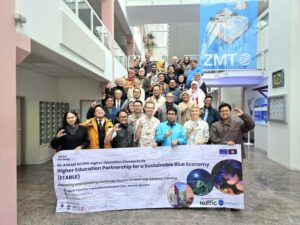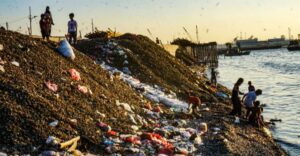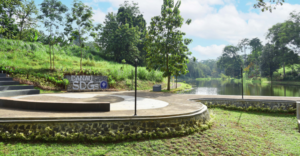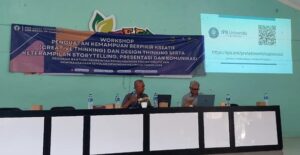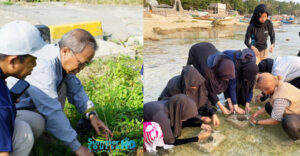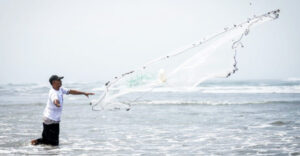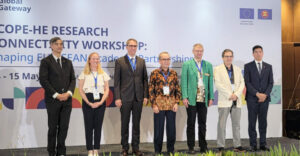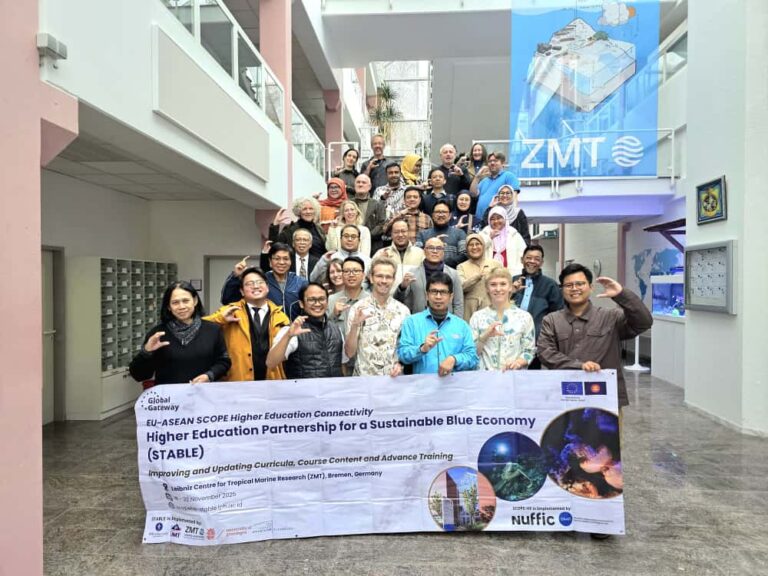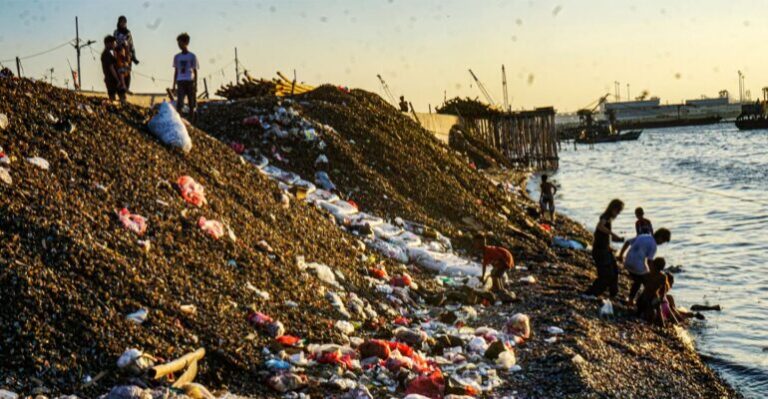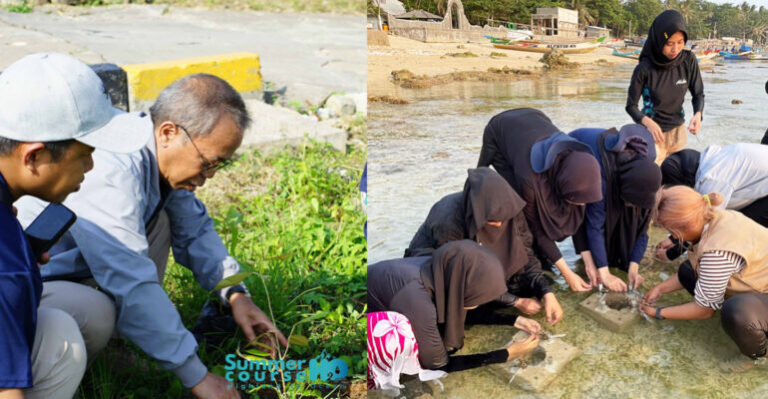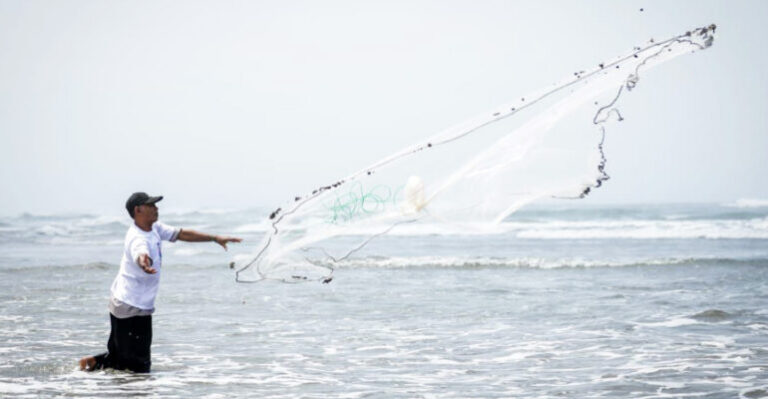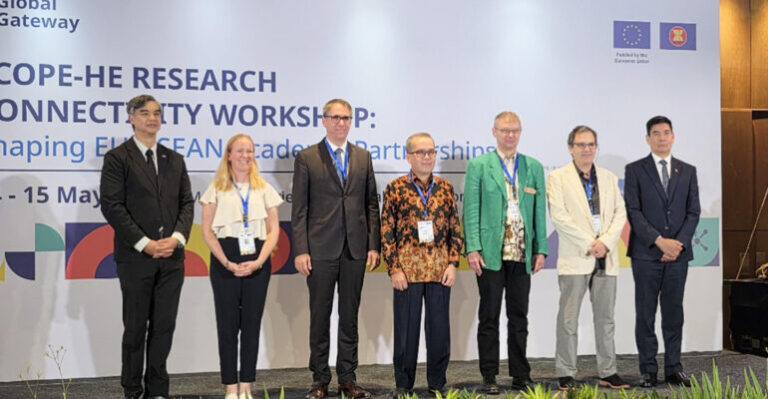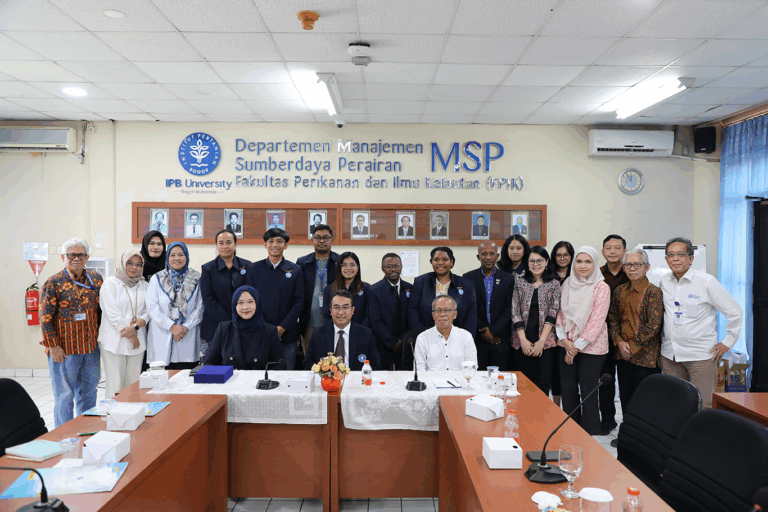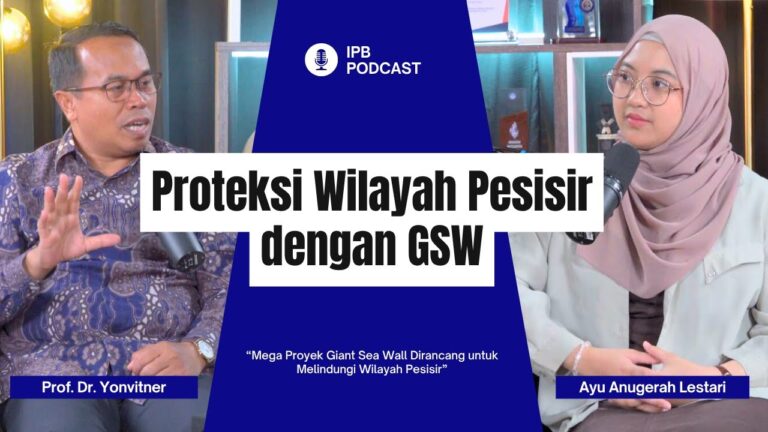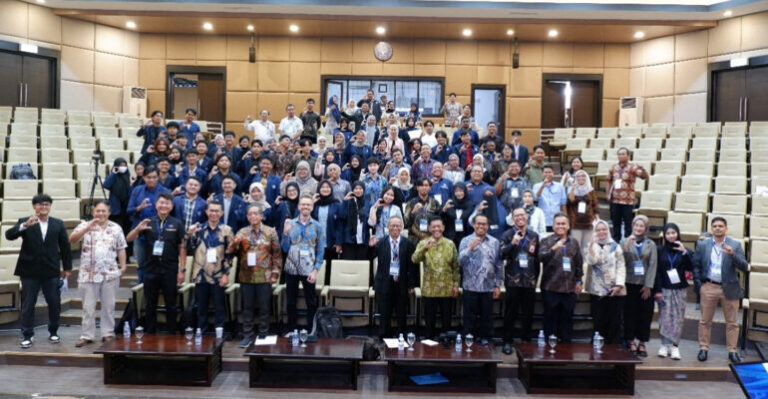Prof Luky Ardianto Describes the Socio-Ecological System Approach for Sustainable Coastal and Marine Management
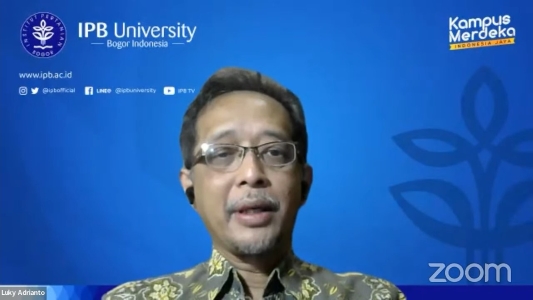
Prof Luky Ardianto, Professor of IPB University from the Faculty of Fisheries and Marine Sciences (FPIK) assessed that the socio-ecological system approach (SES) in the sustainable fishing industry is more appropriate. According to him, this approach can manage interconnectivity between ecosystem supply and social demand.
According to him, the SES system as a fundamental change can reorganize the social system to prevent damage to aquatic ecosystems, overcome fishery uncertainties and design policies to improve the fishery economy regardless of the scale of the ecosystem that supports it.
“Determining functional and structural connectivity for the coast and sea as a complex adaptive system requires a comprehensive approach, so that the application of a socio-ecological system approach is very fundamental,” said Prof. Luky in the 20th Transdisciplinary Tea Talk (TTT) event entitled ‘Challenges to Governance of Coastal and Marine Ecosystems: A Social-Ecological Systems Approach’ held by the Center for Transdisciplinary and Sustainability Sciences (CTTS) IPB University (15/5).
Furthermore, he described the SES system as a conceptual framework that understands the interactions between human and natural systems as interrelated systems. Examples of the SES approach can be found in either seaweed-based or mangrove-based fisheries systems.
“Implementation of this system is important to maintain the sustainability aspects of coastal and marine governance. The SES approach will also help solve challenges such as spatial planning and management of human activities,” he stressed.
According to Prof. Luky, by managing human behavior, coastal and marine ecosystems will be healthier and more sustainable. Likewise with the survival of society as a unit.
“When talking about fisheries, humans are an integral part of an ecological system that has connectivity and vice versa,” he concluded. (IAAS/Res)
Source: IPB News
